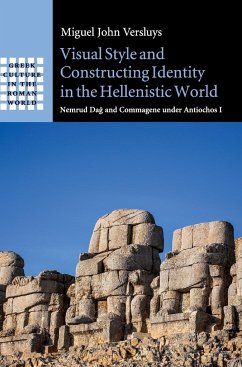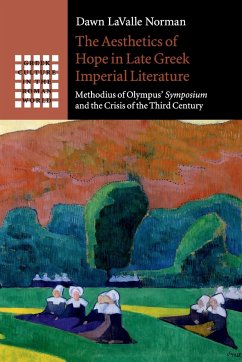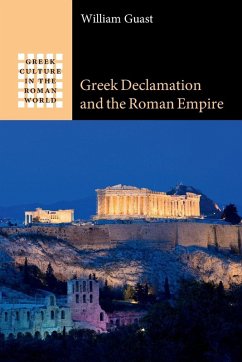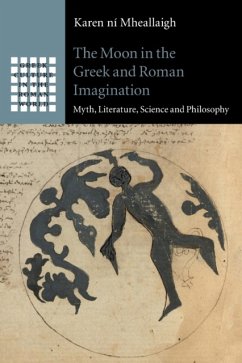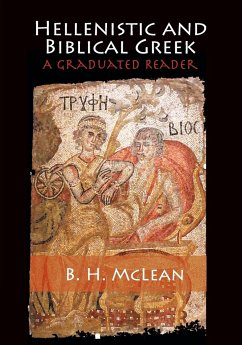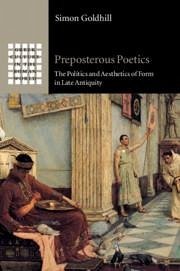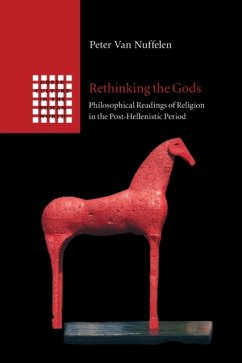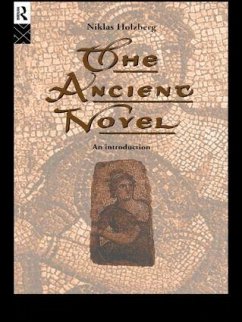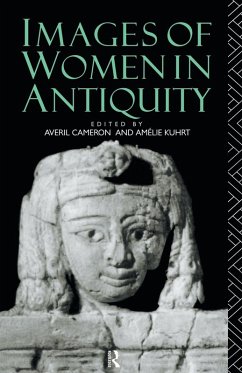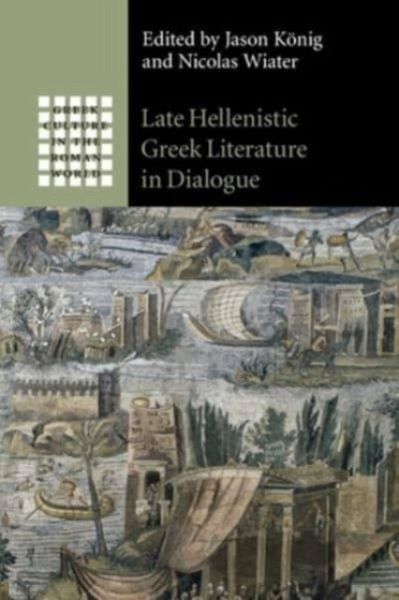
Late Hellenistic Greek Literature in Dialogue
Versandkostenfrei!
Versandfertig in über 4 Wochen
36,99 €
inkl. MwSt.

PAYBACK Punkte
18 °P sammeln!
Argues for the need to rethink the place of late Hellenistic literature within the wider landscape of Greek and Roman literary history. Explores a wide range of texts and genres, in prose and verse, showing how they engaged with their social, cultural and political contexts and with each other.





